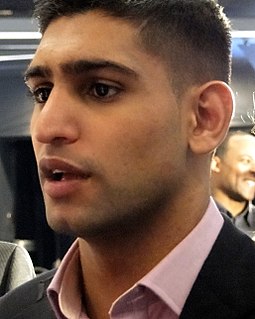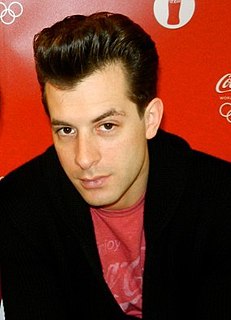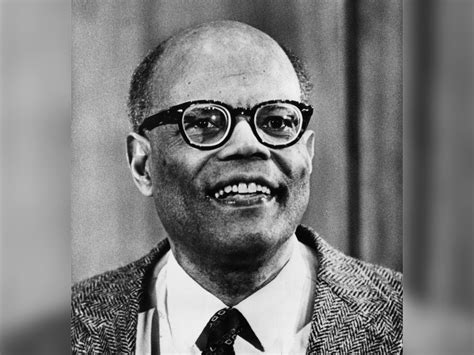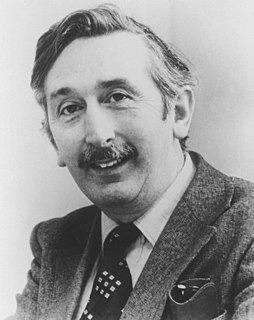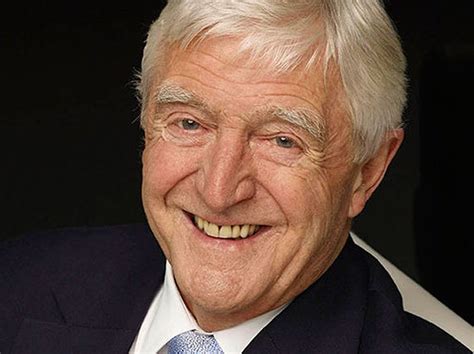A Quote by Andy Serkis
It was a fairly happy childhood. My father was working away, and my mum brought up five kids all on her own.
Related Quotes
What was on the agenda was school and social life and those kinds of things. So I was the middle of five kids. So I had the great advantage of being able to play up to the older kids and play down to the younger kids and I think that's part of what propelled me to become a teacher at some point in my life. But it was a comfortable childhood. It was a privileged childhood.
I was brought up on choirs and brass bands. They formed the music of my childhood. When I heard the Treorchy Male Choir at the Royal Variety Performance it brought back such happy memories. You have your own eminent place in the history of British music. You stand for excellence in a great tradition and your work for charity is both an example and an inspiration.
Please tell me a story about a girl who gets away." I would, even if I had to adapt one, even if I had to make one up just for her. "Gets away from what, though?" "From her fairy godmother. From the happy ending that isn't really happy at all. Please have her get out and run off of the page altogether, to somewhere secret where words like 'happy' and 'good' will never find her." "You don't want her to be happy and good?" "I'm not sure what's really meant by happy and good. I would like her to be free. Now. Please begin.

